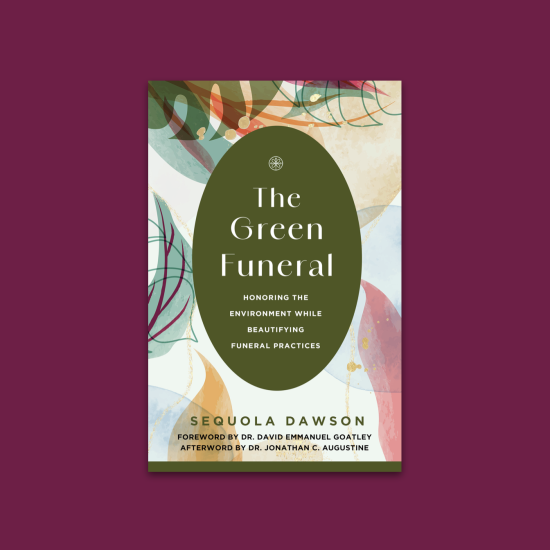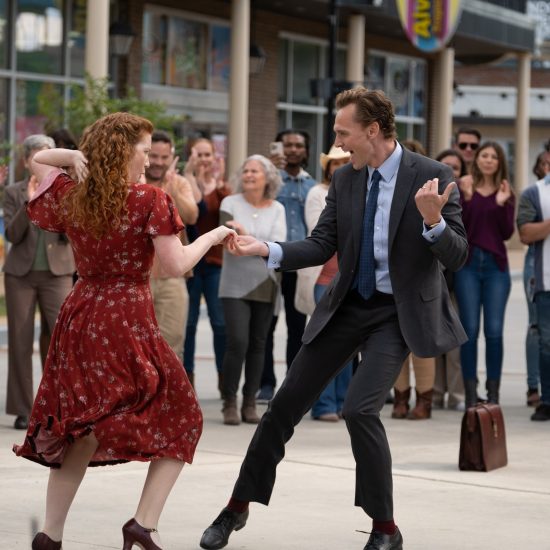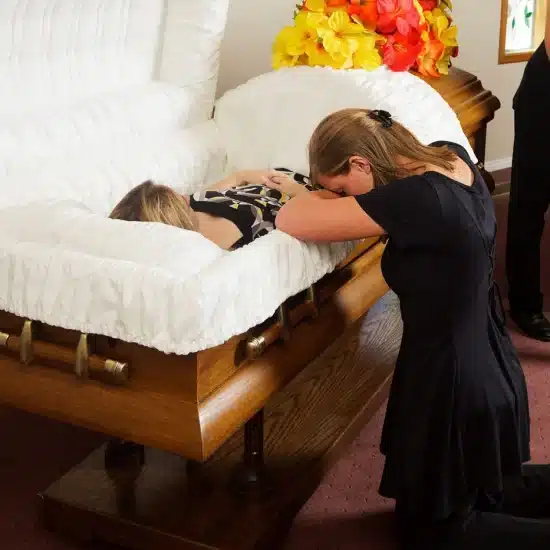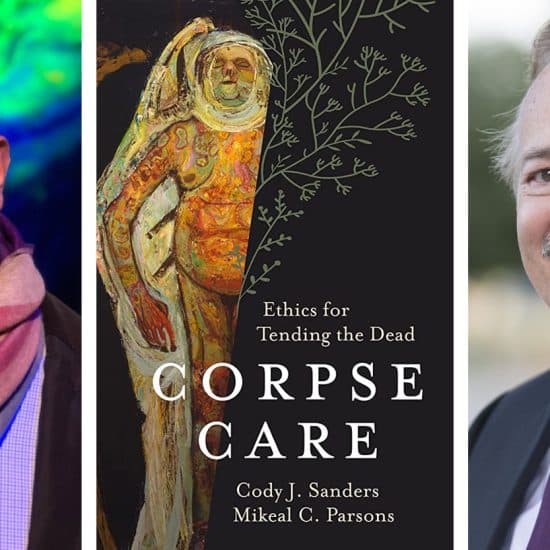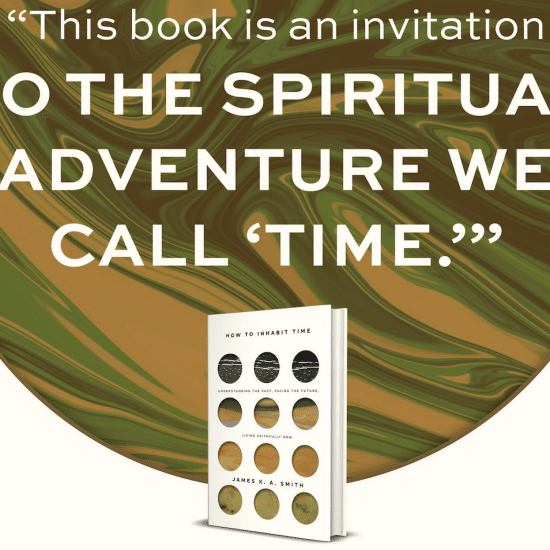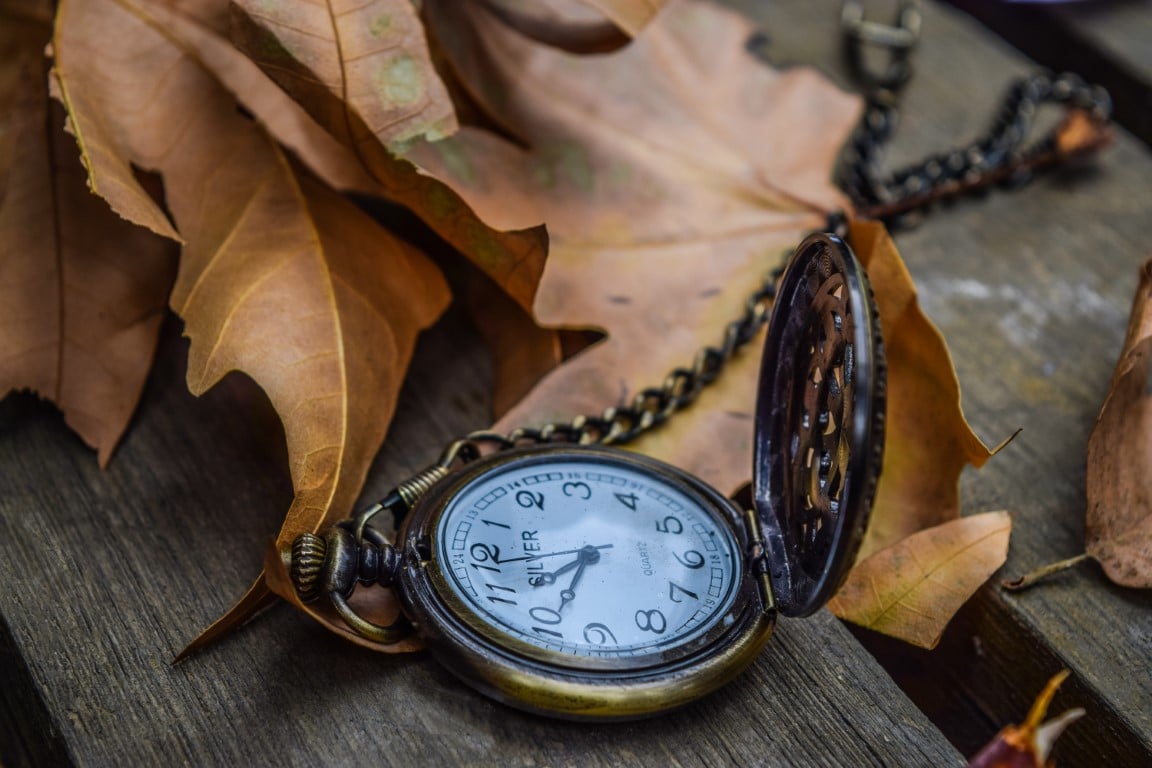
Shoveling snow always provides some head-clearing, a sort of free association process allowing my brain to jump from topic to topic without any linear or logical development. As I recently scooped four inches of partly cloudy from my driveway, my thoughts went back to my childhood.
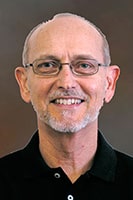
Doyle Sager
I used to marvel at my father’s strong arms. In his prime, he could quickly make a path through drifted snow. He could loosen any bolt on a plow, no matter how rusted. With a spade, he could dig more turf than any backhoe could — or so it looked to an eight-year-old.
Then several years later I saw my dad at his weakest, the night my brother Dennis died in an automobile accident. What a contrast. My thoughts went from an eight-year- old’s musing, “What would it be like to be that strong?” to an eighteen-year-old’s, “What must it be like to love that much, to hurt that deeply?”
Later, when my wife and I had our first child, I recall grieving my brother’s death in a qualitatively different way. The pain was sharper. Looking back, I think I had stumbled onto a terrifying discovery. Love makes us vulnerable, totally at the mercy of life’s randomness.
January marked the 50th anniversary of Dennis’s death. The sheer volume of days, months, and years is staggering. But it’s more than that. I’m amazed that after five decades, the dull ache of loss persists. I wish I had listened to my brother more carefully that last day as he told me something. What was it? At the time, his words didn’t seem very important. How was I to know it would be our last conversation?
Sooner or later all of us look back on some golden season of our lives and wonder, “Why didn’t I enjoy those days more? Why wasn’t I more attentive to the wonder of it all?” In the 1973 film, “Summer Wishes, Winter Dreams,” the character played by Martin Balsam sums it up well: “You are given a cupful of time and you either drink it or spill it on the ground.”
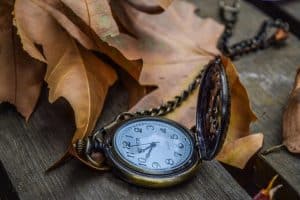
Photo by Mahdi Dastmard on Unsplash
If the old adage is true — hindsight is 20/20 — then perhaps that hindsight can serve us in the year 2020. Call it 20/20 in 2020. In looking back on irretrievable loss, perhaps we can do a better job of capturing the here and now.
If you’re like me, you have thousands of photos stored on your smartphone. Have you ever wondered why we take so many pictures? The answer is simple. We want to freeze a moment in time.
Likewise, when we savor a sunset, remain attentive to another person, or utter a prayer of gratitude, we are preserving an experience — or at least holding it a bit longer. We are claiming the only thing available to us, the moment in front of us.
When we are busiest, we naturally hurry. But what if we did what is counter-intuitive during our most hectic moments? Instead of rushing, what if we slowed down, took a breath, and snapped a mental photo? Or to change the metaphor, what if we stopped gulping our life events as if they are fast food morsels grabbed out of a paper bag?
What if we began to savor our moments as five-course meals, experiencing them with more leisure and intentionality? The goal of a fast food meal is to get it over with; the goal of a five-course meal is to taste and enjoy.
And as we use our 20/20 hindsight in 2020 to capture more right-nows, we have a bonus. It’s Leap Year. We have one more day to live, twenty-four additional hours in which to taste and savor. Bon appetit.

